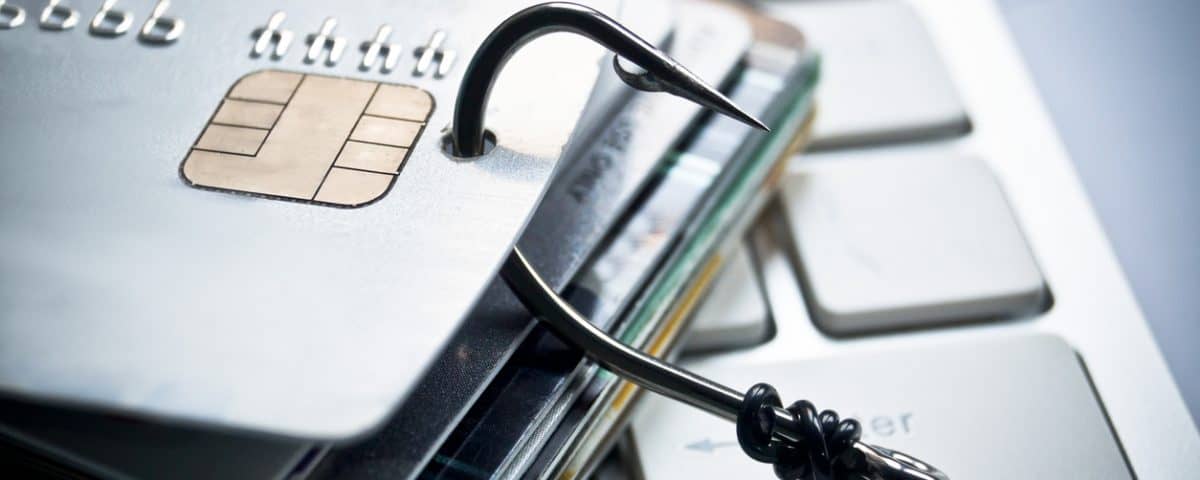- Total Benefit Management

Do’s and Don’ts for Managing the Insubordinate Employee
September 18, 2017
Tips for Effective Employee Performance Reviews
September 26, 2017You likely have heard about the Equifax data breach, a massive theft of personal information from one of the nation’s three major credit reporting agencies, which lasted from mid-May through July. This event may have exposed vital personal identification data, including names, addresses, birth dates, and Social Security numbers, of 143 million consumers—roughly 55 percent of Americans age 18 and older. For some, the breach included driver’s license and credit card numbers, as well. Yes, massive.
Forter, an e-commerce fraud-prevention company, saw a significant increase (15 percent) in apparent fraudulent account takeovers this summer compared to last year. Though this can’t be directly connected to the Equifax problem, the timing suggests it possibly is. The hackers often sell small amounts of data to fraudsters to confirm its legitimacy before selling the information large-scale.
What should you do about the Equifax Data Breach?
1. First, check immediately to see if you are affected.
You can do so by going to Potential Impact at http://go.pardot.com/e/190862/2017-09-19/4x9t8q/36978823. Due to the sensitive information you will need to enter, make sure you are on a secure computer and an encrypted network connection.
2. Whether or not you are impacted, you will be given the option to enroll in a year of free credit monitoring and other services.
Consider taking advantage of these offers whenever they arise. You will be given an enrollment date, so be sure to mark that date on your calendar and return to the site, click Enroll to complete the enrollment. You have until November 21, 2017, to enroll. Credit monitoring inquiries are considered soft inquiries, and therefore do not affect your credit score.
3. Get your free credit reports from www.annualcreditreport.com.
You can request a free credit report each year from each of the three credit bureaus. It’s wise to do this every year anyway. Pick a different agency every four months to continually monitor activity. Any accounts or activity you don’t recognize could indicate identity theft. In such a case, go to www.IdentityTheft.gov to find out what to do. Checking your credit report is also considered to be a soft inquiry, so it doesn’t affect your credit score.
4. Carefully review bank activity and charges on your credit and store cards.
Fraudsters often make small purchases on regular high-use credit cards knowing they will go largely unnoticed, and may make larger purchases on more dormant cards. This has the added benefit of reminding you of those recurring charges you forgot to cancel.
5. Consider placing a credit freeze on your files with all three credit bureaus since not all creditors use the same agency.
Doing so locks down your credit so new creditors can’t see your credit report and in turn won’t typically allow someone to open a new account in your name. Note that current creditors could still view your credit report and scammers could still make charges on existing accounts. You will need to temporarily lift the freeze in order to apply for a new credit card, mortgage, apartment, job, etc.
6. If you don’t order a credit freeze, consider a fraud alert on your files with the credit bureaus and with each of your credit and store cards.
A fraud alert warns creditors that you could be, or are, an identity theft victim. To get a copy of your credit report, the creditor has to verify your identity. This might stop someone from opening a new account in your name, but it might not prevent the misuse of your existing accounts. You will still need to monitor the activity in all your accounts. This is good to do if you lose your wallet, Social Security card or other sensitive information.
7. File your tax returns early, before fraudsters do (really, we won’t mind).
8. Don’t believe anyone who calls to say you’ll be arrested unless you pay for taxes or debt, even if they have part or all of your Social Security number, or if they say they are from the IRS.
Unfortunately, data breaches have become common. Companies’ computer systems can be hacked, whether you make online transactions or not. Your personal-finance routine should include credit-report monitoring and a detailed review of each bank, credit and store card statement. It’s all part of staying safe in today’s dangerous digital world.
This article was originally published here.

